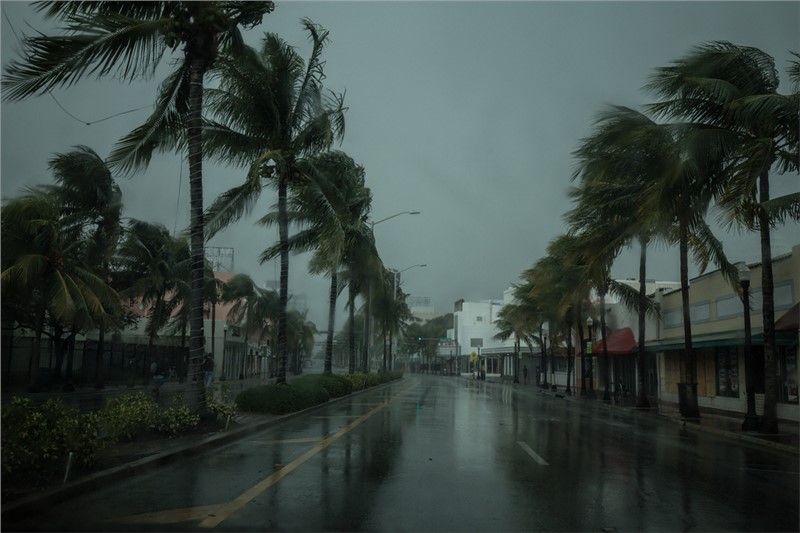
Proactive Planning
When disaster strikes, all moving plans are put on hold. Rather than scramble, stay alert and plan ahead. If you are informed of an impending hurricane, contact your moving company to discuss rescheduling the move. Communicate with your landlord or real estate agent to discuss alternative move dates that would be feasible for all parties involved. It may be possible to coordinate a move prior to the hurricane. However, in the event you cannot expedite your move, being proactive will allow ample time to make other arrangements.
Storm Preparedness
The Saffir-Simpson Hurricane Wind Scale estimates potential property damage based on a hurricane's wind speed. Forecasters often refer to this scale while tracking a hurricane to give residents adequate time to prepare homes or evacuate. Category 1 to 2 hurricanes produce very damaging sustained winds of 75 mph to 110 mph. Category 3 to 5 hurricanes produce winds that cause catastrophic damage. During a relocation, you likely have two properties to consider when protecting against potential damage. Protect your current property first to ensure that you will not lose a security deposit or jeopardize a purchase agreement. You might have less control over the protection of your future property. If your future property sustains significant damage, be wary that you might need to find an alternative housing option until repairs are completed.
Insurance
Communicate with your homeowners insurance to ensure that you have taken all the necessary steps for storm preparedness. Hurricanes are predictable, but these powerful storms can rapidly change course and intensity. If you have belongings located in a storage facility, contact the storage facility owner or management company to discuss the facility's insurance coverage. Most storage facilities will have hurricane wind-induced damage and flood damage coverage for the building but, coverage to damage of your belongings might vary. Confirm that your storage facility is also taking proper storm preparedness precautions.
Personal Safety
No move is more important than the safety of you and your family. Adhere to public hurricane warnings and recommendations to ensure you are in a safe location when the storm hits. Educate yourself on your community's evacuation routes and shelter locations. Create an emergency plan with your family. Establish a safe meeting location in the event family members are not together during an evacuation. Belongings may be packed for your move or seem disorganized. Keep valuables with you. Gather essential documents such as passports, birth certificates, marriage licenses, social security cards, house deed or rental agreement, and insurance documents for safekeeping in one location. Gather medications and medical devices. Make certain prescriptions are refilled and medical devices have adequate back-up power sources. Set aside cash that can be used in an emergency for necessities. Organizing your belongings will not only make your move easier, but it will keep you prepared if a hurricane strikes.
Solomon & Sons Relocation Services are licensed and insured to provide you quality moving services. Our movers understand the unique weather conditions of Southern Florida and Georgia. We are prepared with customized moving solutions. Contact us today for a free estimate!
Tags
Subscribe to Solomon & Sons Relocation Services's Blog

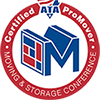


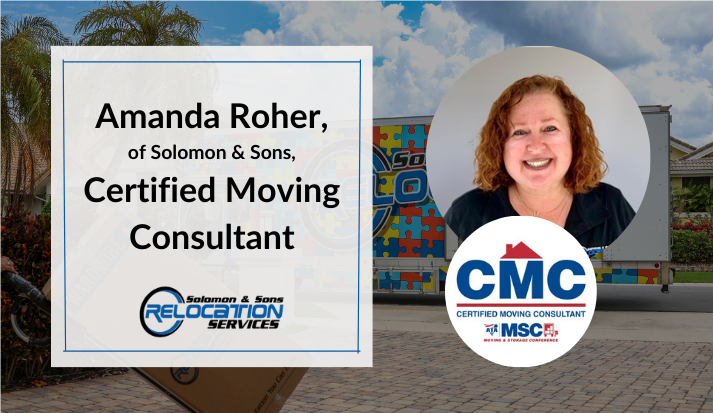
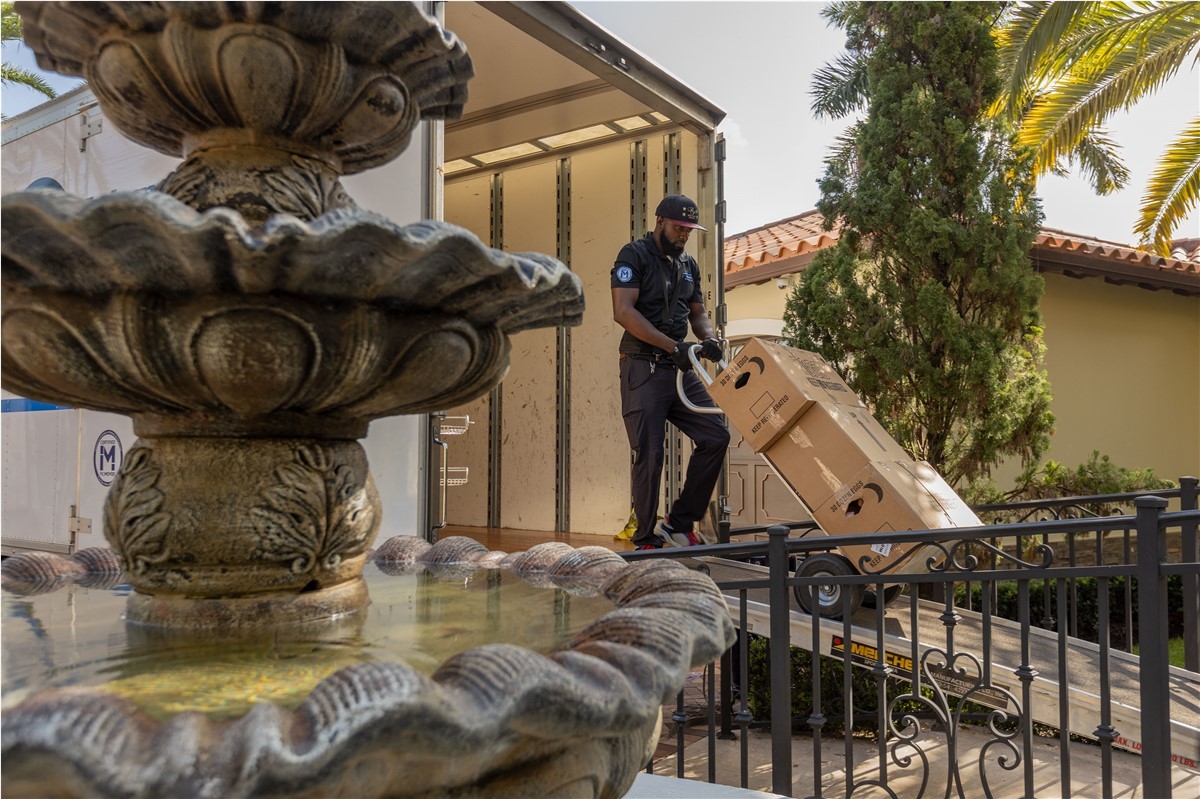
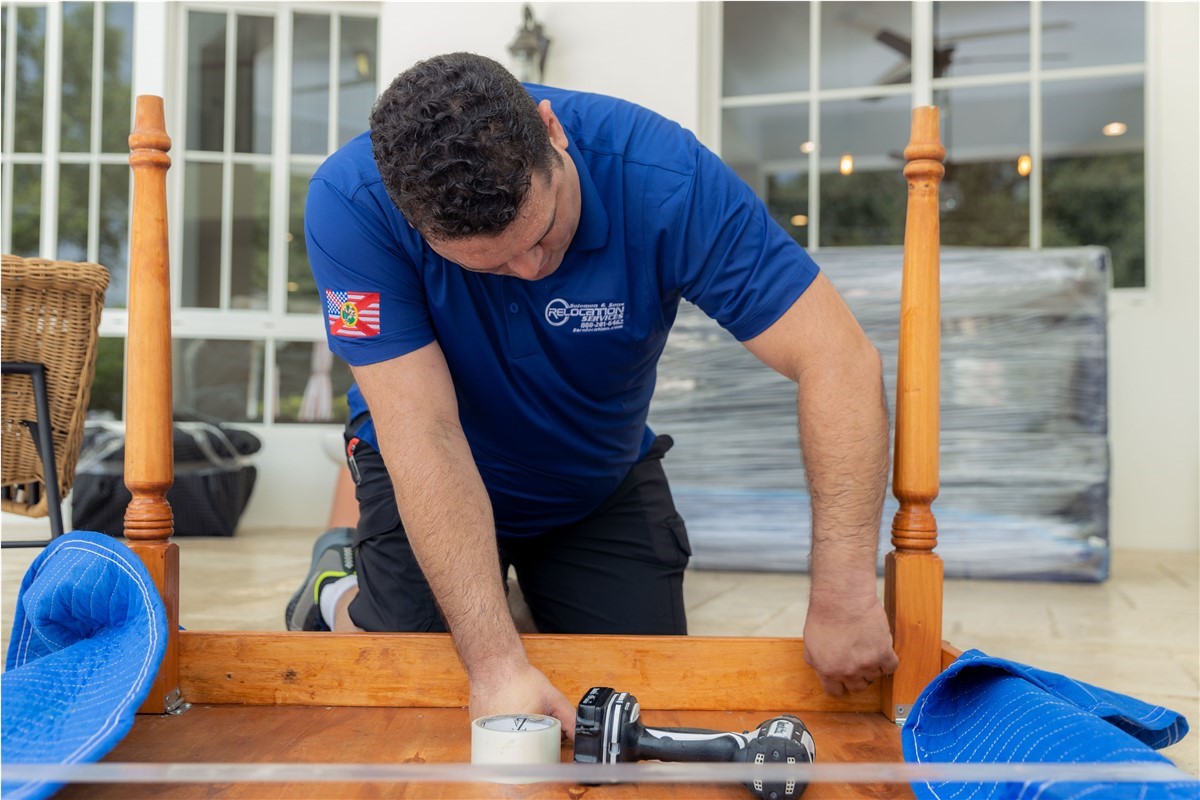
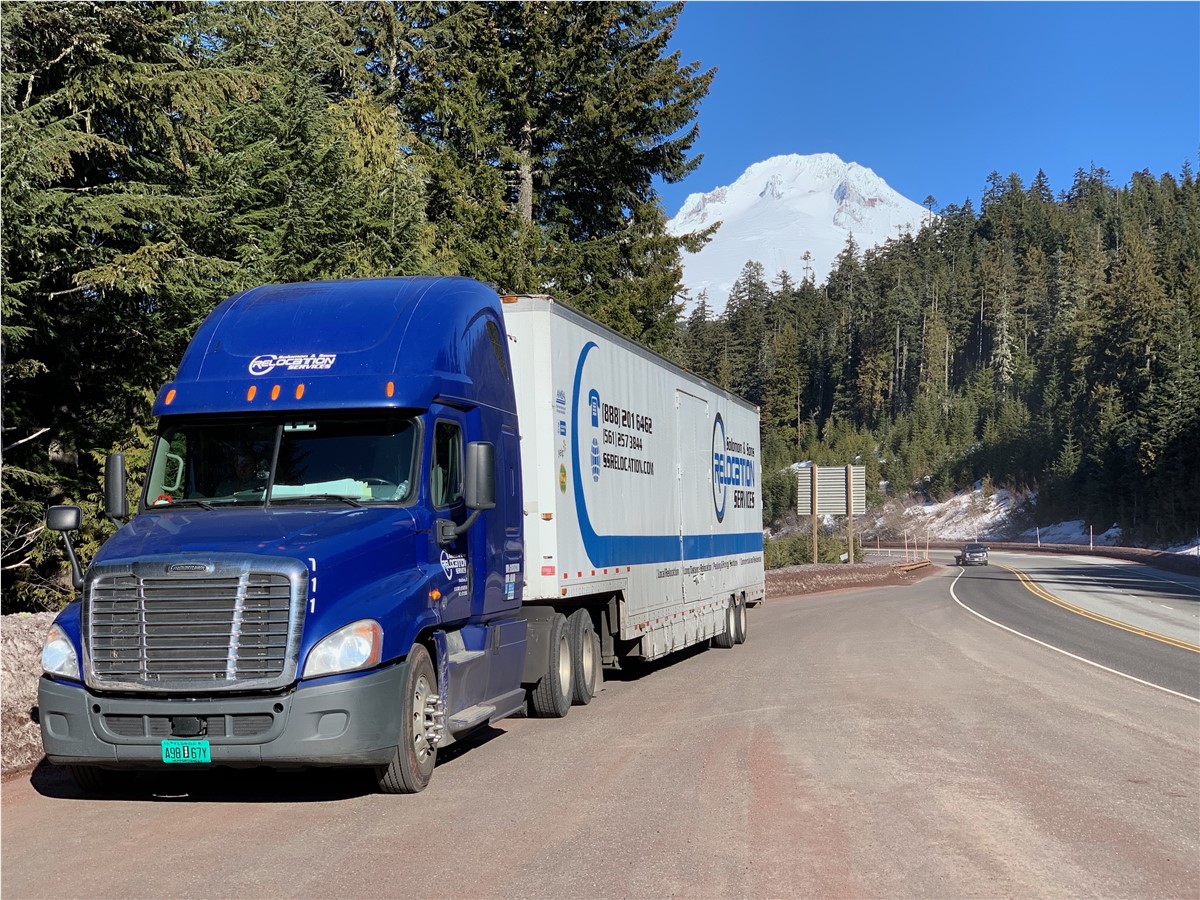
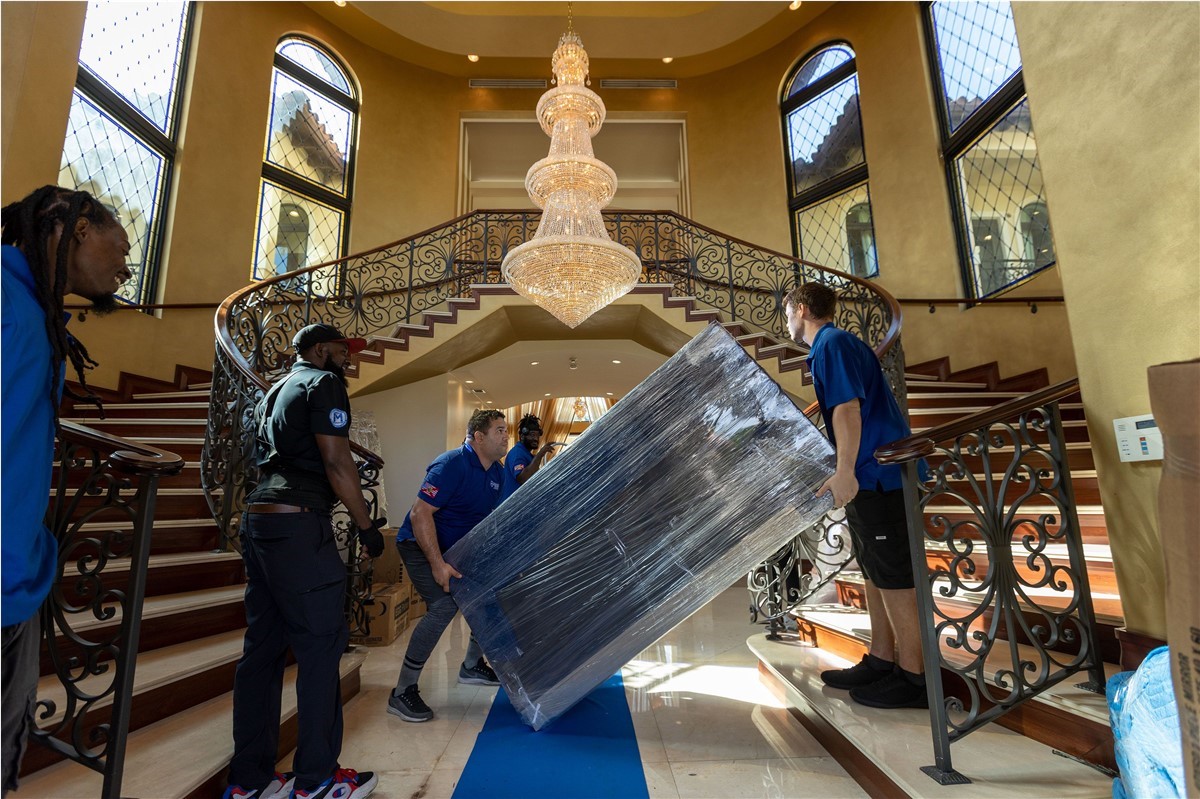



Comments